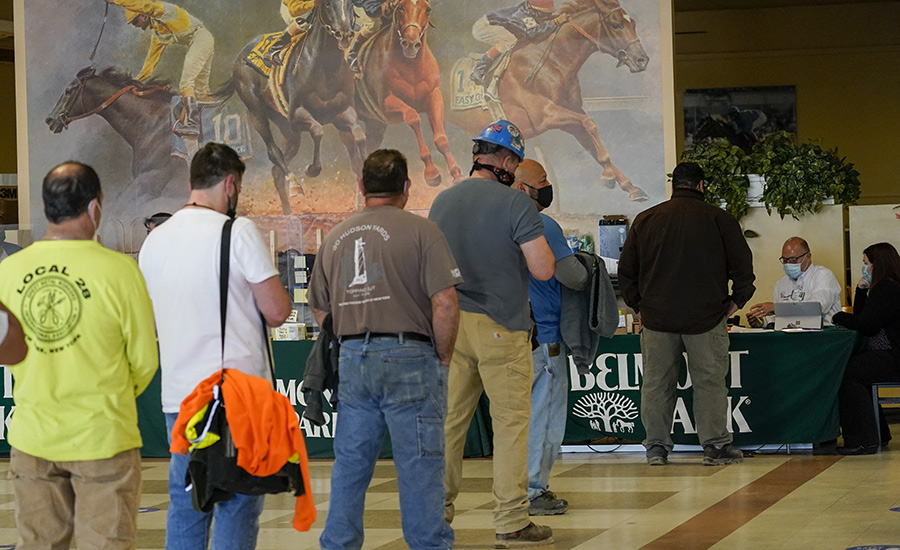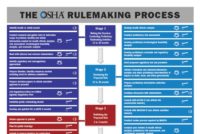Construction contractors are waiting for important details about President Joe Biden's newly announced plan mandating that all U.S. companies with more than 100 workers require employees to be vaccinated or test weekly for the COVID virus.
In announcing the plan on Sept. 9, Biden said he has asked the US Dept. of Labor's Occupational Safety and Health Administration to create a new, emergency temporary standard (ETS) to carry out that mandate.
Most construction contractors have more than 100 employees and those workers would be among the estimated 80 million Americans affected. In a Sept. 9 statement, OSHA said it is working on the temporary standard.
"OSHA will issue an emergency temporary standard to implement this requirement," Kimberly Darby, a spokeswoman for OSHA said in the statement. "The agency is developing a rule that will require employers with more than 100 employees to provide paid time off for the time it takes for workers to get vaccinated or to recover if they are under the weather post-vaccination. This requirement will be implemented through the ETS."
While no action is required by employers until the new standard is released, construction organizations have been recommending that their member contractors encourage employee vaccination since vaccines became available.
AGC Comments
"We are taking every possible step to encourage workers to get the vaccine, including working with the Centers for Disease Control to craft construction-specific PSAs, hosting webinars on the topic and ensuring that our members have the resources they need to educate the construction workforce about the safety and effectiveness of the vaccines," said Brian Turmail, Associated General Contractors of America vice president of public affairs and strategic initiatives. "We will review the new OSHA Emergency Temporary Standard when it is released to ensure that it will be effective in improving the health and safety of the construction workforce and that it does not impose unreasonable new burdens on employers."
Ken Simonson, AGC's chief economist, said at a Sept. 1 online press conference about the construction workforce that the industry's COVID vaccination rate is about 50%.
A concern for many contractors is that enforcement of existing vaccination mandates by private owners for subcontractors and others who enter a jobsite, but do not work directly for a contractor, has already fallen on their shoulders.
Stephen Sandherr, AGC's CEO, said at the press conference, "In the situation where you're the general contractor on a hospital, and you employ or contract [with] a series of specialty trade subcontractors to perform work on that project, you have suppliers coming into the project. You have building inspectors coming onto the project."
Sandherr added, "And with these vaccination mandates that come from public and private project owners, it basically sets the general contractor up to be the policeman ... to make sure everybody who steps on that site has had, or has been vaccinated."
He said, "You can't compel your subcontractors to provide information on that or your suppliers and you can't control if a city building inspector wants to enter that site."
How OSHA will define a workplace and specify who enforces workplace compliance with the new emergency temporary standard is still unknown.
ABC Comments
The Associated Builders and Contractors expressed similar sentiments and emphasized that it needed to know more about the expected ETS.
"ABC encourages construction industry stakeholders to get vaccinated, because ensuring healthy and safe work environments is a top priority of ABC and its members," Ben Brubeck, ABC vice president of regulatory, labor and state affairs said in a statement. "ABC has concerns about several unresolved questions related to the Biden administration’s COVID-19 vaccine policies for private employers of 100 or more employees and federal contractors."
He said, "ABC will share our concerns with the Biden administration. As ABC learns more about the new policy changes, we will continue to help our members comply with all regulations and guidance from local, state and federal authorities on how to protect workers—our industry’s most valuable asset—from COVID-19 and any of its variants.”






Post a comment to this article
Report Abusive Comment